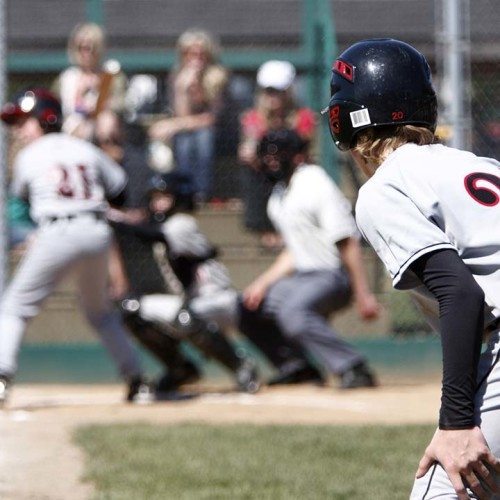While we are thankful that the Derek Chauvin verdict has diffused some tensions, celebrating this outcome presents a significant dilemma for advocates and practitioners of Restorative Justice. The criminal justice system employed to produce “justice,” with punishment as its primary value, is at odds with a restorative world view and cannot produce a true and meaningful justice.
While it is impossible to reverse the death of George Floyd, a more satisfying justice would involve direct reparation being made to the family, community and others directly impacted. Mr Chauvin himself would need to fully accept responsibility for his actions and make personal redress in a way that victims would deem meaningful. Direct redress that begins to address the needs caused by this harm reflects a key restorative value. Although Mr. Chauvin bears personal responsibility, it is also apparent that the very system he is a part of also owns responsibility. Without an honest, thorough and transparent identification and eradication of the systemic contributors that continue to precipitate these tragedies, they will continue.
From a restorative world view our sights must be set on realizing genuine and sustainable relationship development between a system that too often harms those it is ostensibly there to protect and the community being harmed.
Western culture tends to view harm and conflict through a legal lens; Who broke the law? What law was broken? What punishment is deserved? But even after the punishment has been given, the fractured relationships remain fractured.
Restorative Justice is about looking through a relational lens; Who has been harmed? How has that harm impacted them? What will it take to repair the damage and fix what has been broken? How do we begin to repair the relationship?
Let’s take some time in the aftermath of this terrible tragedy to consider what will truly begin to repair relationships. What do we need to do? What do we need to advocate for? What can each of us do toward the restoring, repairing and rebuilding of these critical relationships?
Imagine a just community…


 READ MORE
READ MORE





This article is amazing, well said